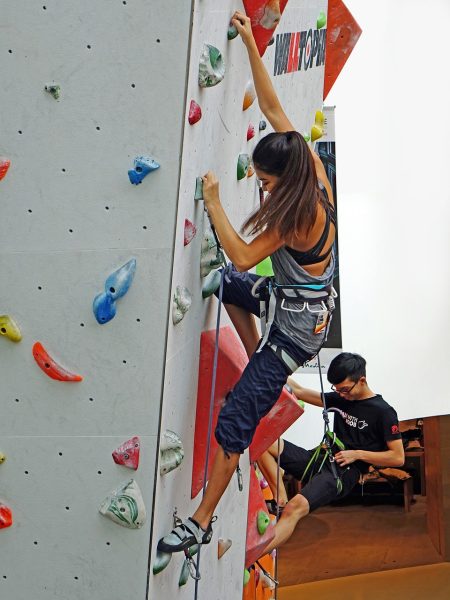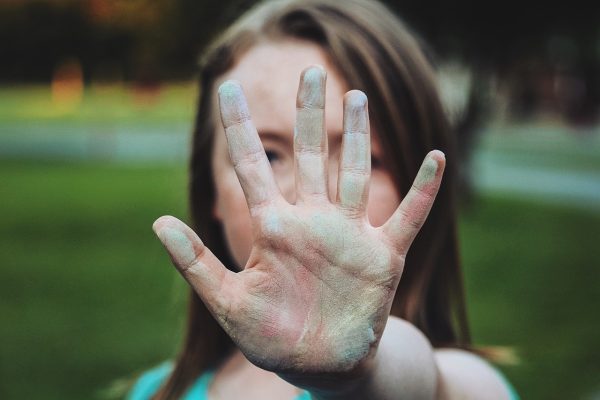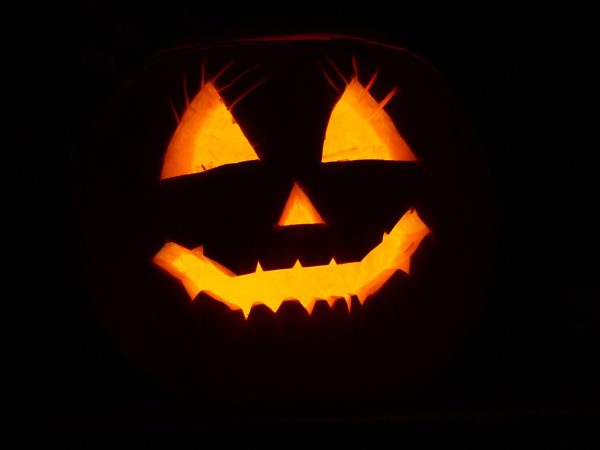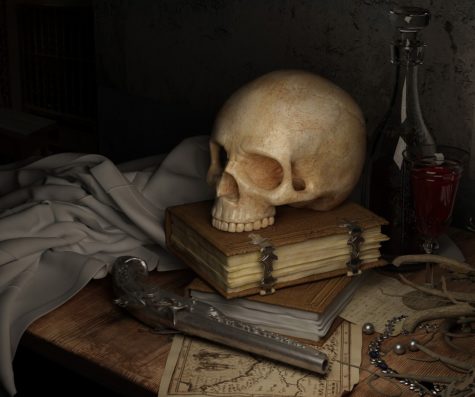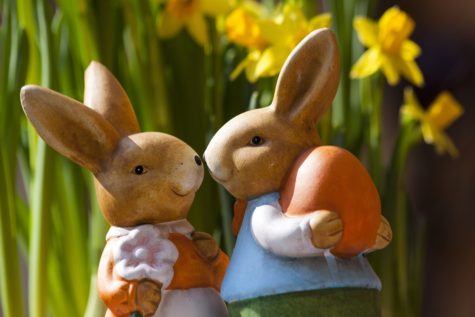Black Panther: New Age Diversity
Black Panther has made strides in Marvel history by creating a diverse heroic community
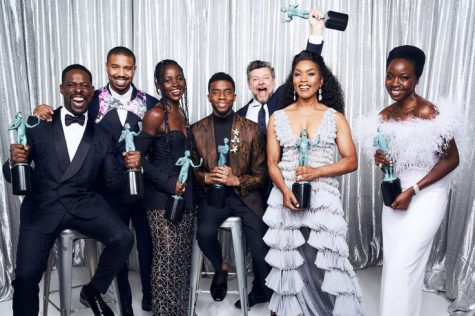
Black Panther winning big at the SAG awards
Black Panther, Marvel’s first delve into what has become cinematic excellence strikes important milestones for the company and the future of action movies. Ryan Coogle and Joe Robert Cole, the film’s writers and directors, remark on the film’s importance is more to do with the effect of language and culture on their movie Black Panther that created the overall vision of a superhero identity.
When writing the script both Coogle and Cole considered the original comic written by Stan Lee as well as Jack Kirby has always been based in made up country of Wakanda set on the continent of Africa, we knew it was not our place to change the stories origin.
Creatively speaking by setting the story in Africa originally, it gave the writers and directors new ideas and inspiration in terms of being able to play around with the characters and the story itself. Ultimately, the African influence blossomed in itself through the use of colorful script, characters and the special effects as well as the set and costume design.
Both Coogle and Cole hoped by enhancing the cultural aspect of the movie we would be able to open a new Marvel era of ethnically diverse characters in which language and culture would be challenged by new audiences. This is relevant because as a movie, Black Panther shines a light on actors from all different races, ethnicities, and backgrounds. In the ever-growing political climate, our world finds itself in Black Panther is able to emulate the beauty created in diversity.
Cole and Coolge choose to implement as many concepts of African heritage as they could. By incorporating the idea of inclusivity of Wakanda as a multitude of differential tribal features from all around Africa. The movie is able to expand the linguistic-cultural importance of the characters and the setting of the movie to reflect on the more than one significant cultural aspects. .
As writers, Coogle and Cole realized the necessity of African influence into the film as it allowed them to create every character with individual characteristics and attributes. Again, no wonder this movie won big during awards season. Ultimately this allowed viewers to relate and see themselves as heroic characters.
Linguistically speaking, the Wakandan language derives from Nsibidi, with origins in modern-day Cross River in southeast Nigeria. Wakandan characters that appear in the movie upon T’challa’s throne are inspired by the transcript of the language. By incorporating Nsibidi to encourage the growth of its achieved existence which is currently only used sparingly in Nigeria’s southwest colonization. As writers, Coogle and Cole incorporated African heritage into the movie in using historic linguistic diversity. The Nsibidi characters within the movie enhanced the linguistic effect of the movie to shape Wakandan culture and do they outside of the Marvel cinematic universe.
The importance of using African culture throughout story was not to only keep cohesive with original comic book but differentiating the marvel cinema universe. By streamlining African influence in different magnitudes within the movie it was able to break away from the typical Marvel mold.
Coogle and Cole did not create the black panther “identity” however as writers and directors it was their job to convey this idea with a revamped modern twist. The dialect coach used in order to adapt each character’s dialect for personality and individuality. It was actually her who choose to make each character’s dialect different which followed the cultural aspect of a three dimensional Wakanda. Chadwick Boseman the main character was inspired by a Xhosa’s accent from the Nguni Bantu language originated in Zimbabwe. Using different dialects allows each character to shape the linguistic aspect of the Wakandan culture.
Each dialect used was able to convey a different aspect of African influence which to us was important and needed to be showcased in this movie. The Black Panther “identity” is encompassed by many things and can be taken and reflected differently from each audience member what we wanted to portray was the capability to be able to do that. The power of language is was made the culture of the community as dynamic as it was.
The cast complies of a mixture full of diverse ethnic backgrounds which really added to the natural mix of Wakandan culture. Not one actor’s accent was exactly identical, even though both Daniel Kaluuya and Letitia Wright are both brits they have opposing accents considering he has Ugandan parents and she was born in Guyana. All actors used Xhosa accents to the best of their own abilities which created a natural distinction and individual dialects for every character. Once we had started filming and all the actors came together it created a Wakandan community through with everyone’s different idiolect.
Overall the actors were able to communicate the storyline better by creating their own version of a Xhosa accent and enhancing the cultural identity of the movie. I don’t think the power of the Black Panther “identity” could have been better expressed without the linguistic direction taken by Beth McGuire in order to embody the truth of Wakandan culture and identity.
The importance of this film has been met with tremendous accolades that have acknowledged how portraying a beautifully diverse group of people is truly reflective in this modern world.

